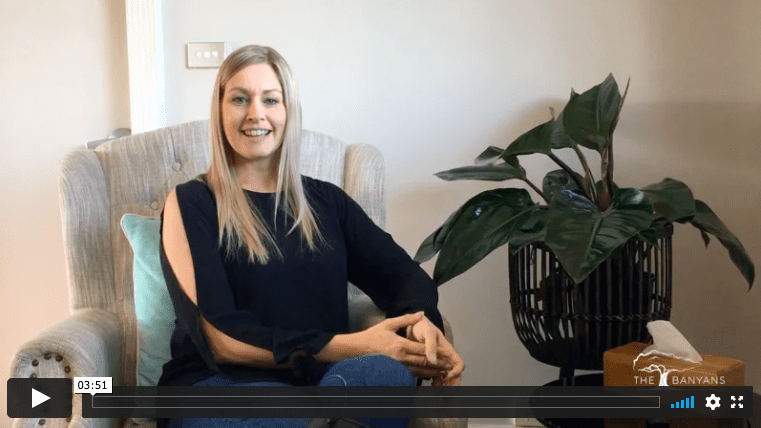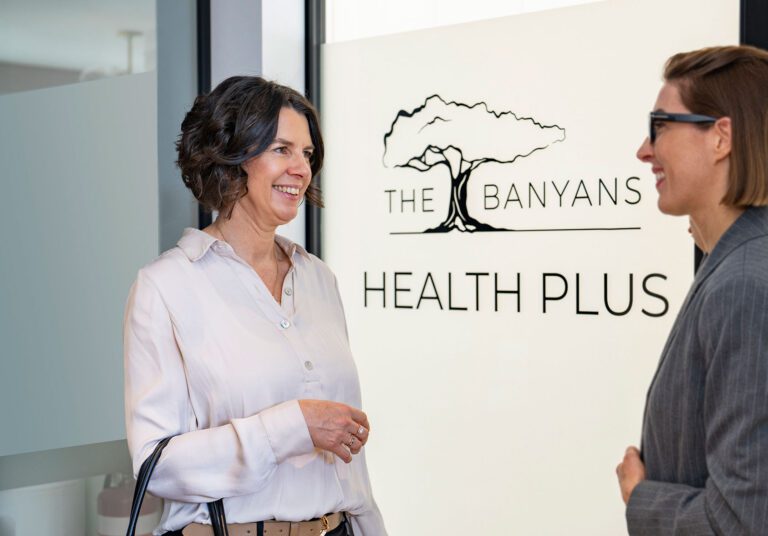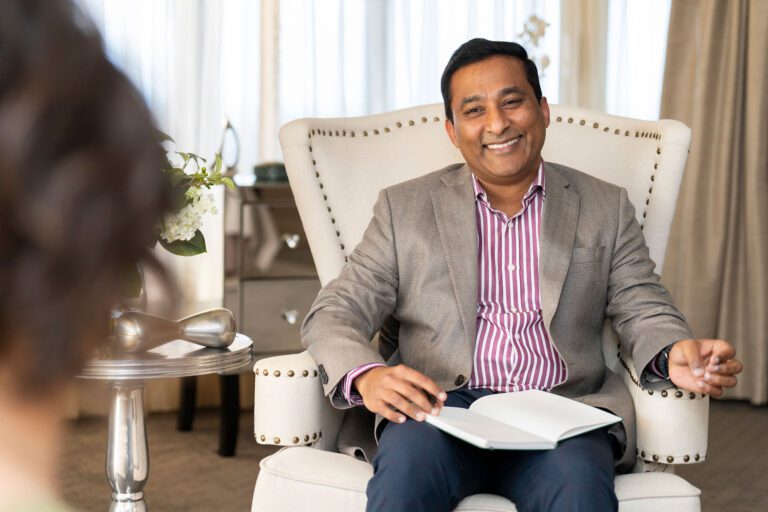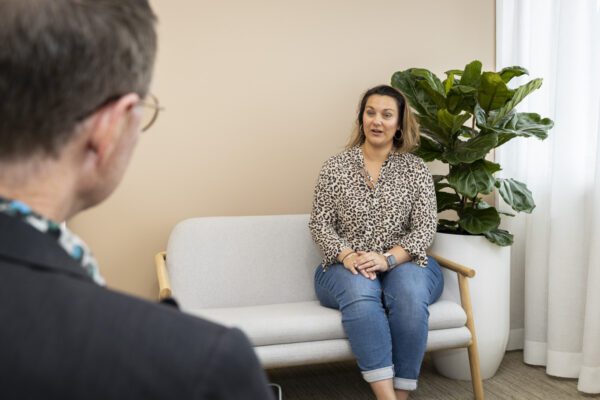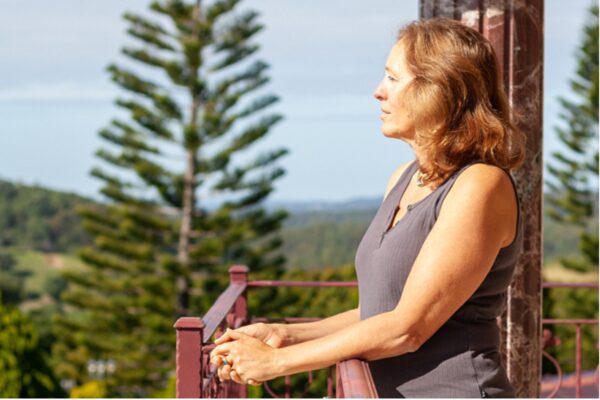
Stress is inevitable. With the demands of jobs, relationships, friends and deadlines, it’s hard to draw the line between work and rest, time for yourself, family time and everything in between.
A Headspace report found 1 in 5 Australians have taken time off work in the last 12 months due to mental stress. Moreover, chronic stress during pivotal development periods has been linked to substance abuse vulnerability and flagged as a risk factor for Alzheimer’s disease.
However, not all stress is a bad thing. In fact, certain measures of stress are needed for almost all development we experience. Researchers at UC Berkeley found that acute stress – stress that is short lived and not chronic – has been found to push individuals to optimal levels of behavioural and cognitive performance.

The difficulty comes when attempting to balance it all, which is why it’s so important to be proactive when it comes to stress. Building your own Stress Less Plan is one way to tackle stress head on before it takes over.
Step 1: Identify the stress in your life
Everyone will have different stressors in their life. For managers, it may be the impending quarterly sales review. For students, it may be final exam periods. For parents, it may be every morning when you’re trying to rush the kids out of the house in time for school. Whatever your point (or points!) of stress are – identify them.
Once you’ve identified the areas or situations in your life that are causing you stress, work out if there are any points of stress you can avoid. While a lot of the stress we experience cannot be avoided, maybe there is a particular person or situation that adds to your stress levels. If so, seriously consider if the stress that it injects into your life is worth the relationship or commitment.
The reality is many stressors stem from work or study – neither of which can be avoided. And this stress may only be managed when the tasks that are causing them are complete.
Do a brain dump
Just like we clear the caches of our computer, doing a brain dump allows our minds to be decluttered while increasing our performance and agility. A brain dump is simple. It just means transferring all your thoughts into a journal or notetaking application. When you are feeling stressed – start by doing a drain dump.
Write everything down that needs get done and their deadlines. Seeing the thoughts written down makes them seem manageable and achievable. This will also help you sleep better, knowing that in the morning you will wake up to a list of everything you need to get done.
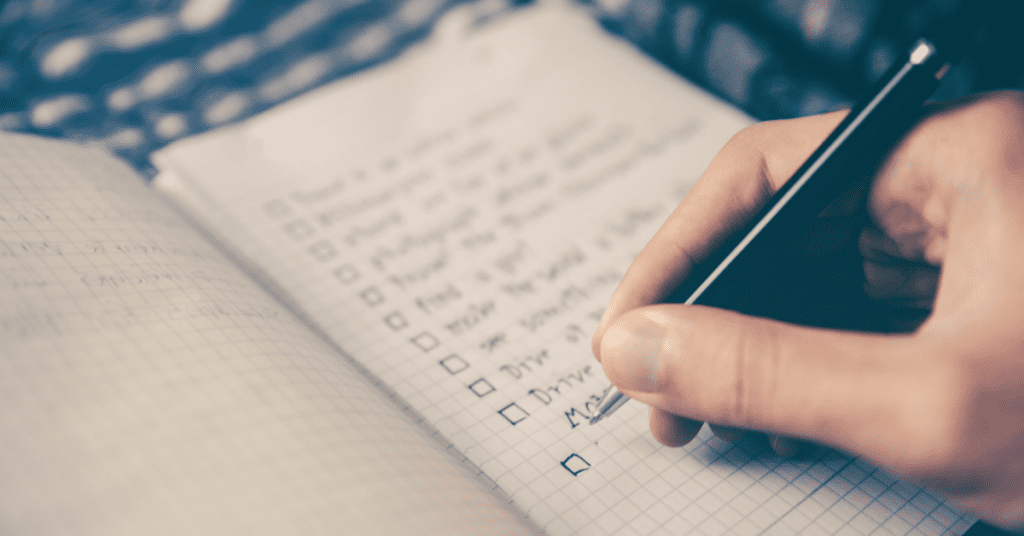
From here, you can break down all your big projects into smaller, more manageable tasks, assign priorities to the tasks that have deadlines attached, and defer ones that don’t need immediate attention.
Ask for help
Be realistic about your capacity. Stress reduces our ability to think clearly and critically, so knowing when a task is getting too much for you will be invaluable when it comes to managing stress. Maybe that means talking to your partner about sharing the load in getting the kids to bed or having a conversation with your boss about bringing in some extra hands for that looming project.
Let the little things go
Unfortunately, some problems are just simply out of our control, for example, the weather for a special occasion or the way other people view us. Instead of letting these problems add to your stress, focus your energy on the things you can control and learn to let go of the little things that you can’t.
Step 2: Take care of yourself
Taking care of yourself in the midst of stressful situations cannot be overlooked. Whether that’s exercise, taking up a new hobby, reading a book, journaling or talking to someone – ultimately, the best strategy to reduce stress is the one that works for you. Find what works for you and make it an intentional habit in your Stress Less routine.
Start asking yourself questions like… “What makes me feel calm when I am stressed?”, “What place makes me feel the least stressed?” or “Who should I turn to when I feel stressed?”

Answering these questions will give you a good foundation from which to look after yourself when stress arises. Three other strategies you may not have thought of are mindfulness, the power of a good night’s sleep, and getting out in nature.
Mindfulness
Practising mindfulness has been proven to increase the grey matter in areas of the brain that focus on emotion and learning, leading to stress reduction. Research is also showing that mindfulness-based stress reduction increases our ability to practise acceptance – which is linked to a reduction in depression and anxiety.
As our Mindfulness Master, Belinda Lewis, explains, mindfulness is about bringing awareness back to your day rather than allowing your thoughts and feelings to run away with you. Just five minutes of mindfulness – whether that be in the office, on the train, in your backyard – allows you to refocus your day, remain present with those around you, and bring some calm into the business of life.
Watch: Guided Mindfulness Exercise with Belinda Lewis
Sleep well
Australians are not good at sleeping. In fact, the Sleep Health Foundation found that 4 in 10 Australians are clinically sleep deprived. And yet, adequate sleep is associated with almost everything we need to function at our best – memory, reactivity, and steady moods.
Stress can make it hard for our brain to switch off at the end of the day. Avoiding caffeine after 4pm, doing a brain dump, or switching off digital devices at least an hour before bed and instead reading a book can help give your body the queues it needs to slow down and get some much-needed rest.
Related: Surprising signs of sleep debt and exhaustion
Get out in nature
A recent study of 20,000 people at the University of Exeter found that people who spent two hours a week in green spaces were substantially more likely to report good health and psychological wellbeing than those who don’t.
“Nature is not only nice to have, but it’s a have-to-have for physical health and cognitive function,” said Richard Louv, a journalist who coined the term Nature Deficit Disorder.
“These studies have shown that time in nature — as long as people feel safe — is an antidote for stress: It can lower blood pressure and stress hormone levels, reduce nervous system arousal, enhance immune system function, increase self-esteem, reduce anxiety, and improve mood.”
The good news is that two hours a week is achievable. Whether that’s in one burst or spread out over a few visits, getting outside in nature is one of the best things we can do for our wellbeing and stress levels.
Related: The therapeutic nature of nature
Step 3: Learn to manage stress
No one should have to feel defeated by the stressors of life. Learning to manage stressful environments and the emotions that come alongside them is one of the most valuable skills to have.
Talking to a psychologist is a great place to start. The Banyans Health and Wellness offers one-on-one Telehealth support with a Masters-qualified psychologist. Our individual sessions will provide you with the skills needed to look after yourself while navigating the stressors of life.
The Banyans Health and Wellness also provides tailored residential programs to equip those experiencing the challenges of chronic stress and burnout with the tools and strategies to regain control and experience the freedom of life once again. Our highly qualified team of registered professionals will work with you to rediscover what living well feels like. Seek help today from Australia’s leading wellbeing and recovery centre.
Call us now on 1300 BANYAN (1300 226 926) or complete an online form for a confidential discussion about how you or someone you care about can benefit from The Banyans.



